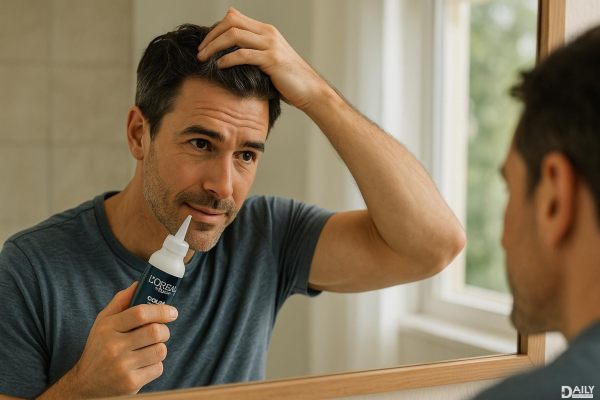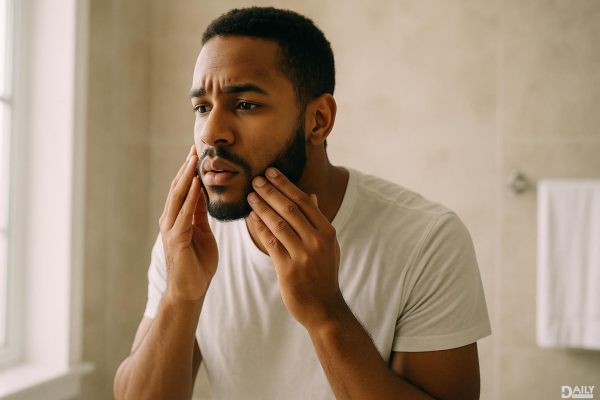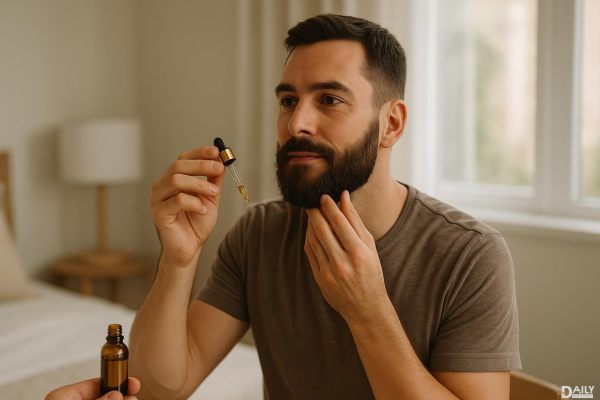The Archetype Man embodies the ultimate role model for modern men because he seamlessly blends timeless virtues with contemporary relevance. He's not some outdated relic from a bygone era—he's the guy who knows when to lead with strength and when to lean into vulnerability, who balances ambition with compassion, and who respects tradition without being shackled by it. In a world full of mixed messages about masculinity, the Archetype Man cuts through the noise by being authentic, adaptable, and accountable.

What sets the Archetype Man apart isn’t just one quality—it’s a combination of traits that make him both aspirational and relatable. First, he’s grounded in self-awareness. He doesn’t just react to life; he reflects, learns, and evolves. Emotional intelligence is his superpower—he reads a room, listens deeply, and communicates without ego. Second, he’s disciplined but not rigid. Whether it’s fitness, career, or relationships, he commits to growth without losing sight of balance. And third, he leads with integrity. His word means something, and he doesn’t just talk about values—he lives them.
Let’s be real—modern masculinity is in a weird spot. On one side, you’ve got toxic stereotypes that equate being a man with aggression or emotional suppression. On the other, there’s a push to redefine masculinity in ways that sometimes leave men feeling untethered. The Archetype Man bridges that gap. He’s proof that strength doesn’t mean dominance, that ambition doesn’t require ruthlessness, and that vulnerability isn’t weakness. For guys navigating careers, relationships, and self-identity, he’s a blueprint for how to thrive without losing yourself.
In relationships—romantic, platonic, or professional—the Archetype Man operates with a rare mix of confidence and humility. He’s not threatened by strong partners or peers; he elevates them. He knows that real connection requires effort, so he shows up consistently, communicates openly, and isn’t afraid to say, “I messed up.” Unlike the stereotypical “alpha” who’s all swagger and no substance, the Archetype Man builds trust through actions, not just words. And when conflict arises? He addresses it head-on but with respect, because he knows maturity means working through problems, not avoiding them.
At work, the Archetype Man is the colleague everyone respects—not because he demands it, but because he earns it. He’s ambitious but collaborative, competitive but fair. He doesn’t claw his way to the top by stepping on others; he rises by lifting his team. And here’s the kicker: he’s secure enough to admit when he doesn’t have all the answers. In an era where hustle culture glorifies burnout, he models sustainable success—prioritizing health, relationships, and personal growth alongside professional achievements.
Becoming an Archetype Man isn’t about flipping a switch—it’s about daily choices. Start with self-reflection: What values truly matter to you? Where are you out of alignment? Next, practice emotional agility. Instead of defaulting to anger or withdrawal, learn to process and express emotions constructively. Then, focus on mastery in one area—whether it’s fitness, a skill, or emotional resilience—and let that discipline ripple into other parts of life. Finally, embrace mentorship. Seek out role models who embody these traits, and pay it forward by guiding others. Progress, not perfection, is the goal.
The Archetype Man isn’t a mythical figure—he’s an attainable standard for any man willing to put in the work. In a culture that often reduces masculinity to caricatures, he stands out by being fully human: flawed, growing, and relentlessly committed to being better. That’s what makes him the ultimate role model—not because he’s perfect, but because he’s real.
























